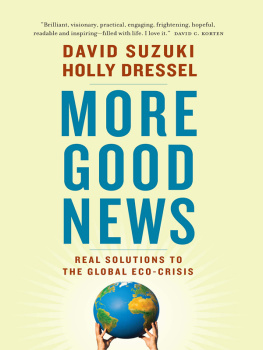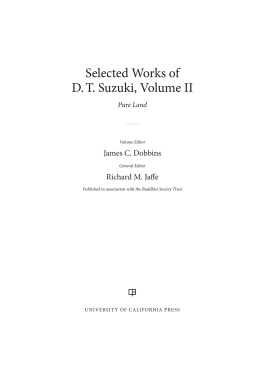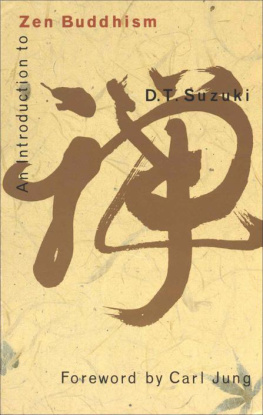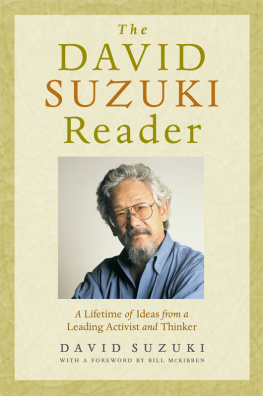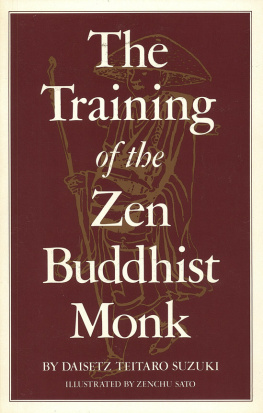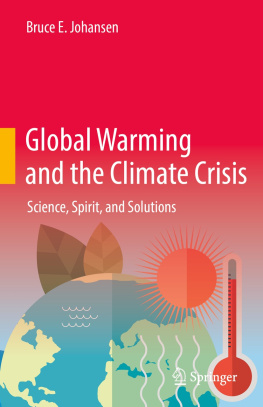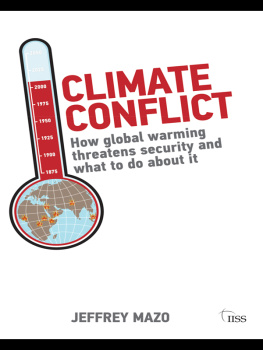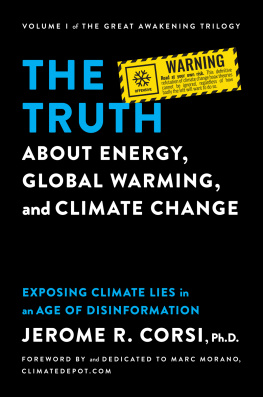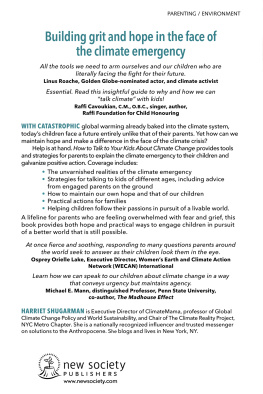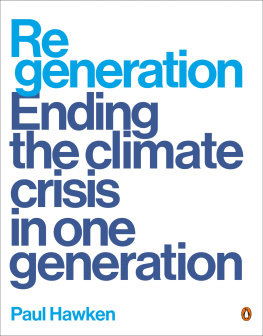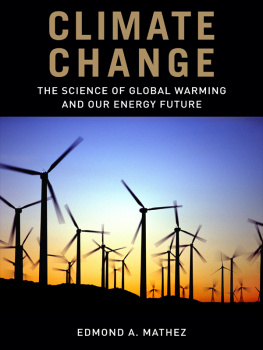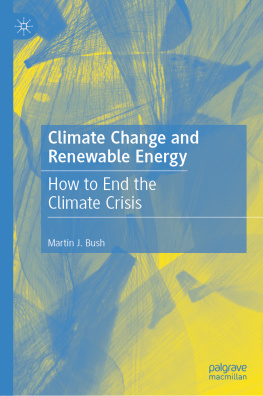
Copyright 2017 by David Suzuki and Ian Hanington
17 18 19 20 21 5 4 3 2 1
All rights reserved. No part of this book may be reproduced, stored in a retrieval system or transmitted, in any form or by any means, without the prior written consent of the publisher or a license from The Canadian Copyright Licensing Agency (Access Copyright). For a copyright license, visit www.accesscopyright.ca or call toll free to 1-800-893-5777.
Greystone Books Ltd.
www.greystonebooks.com
David Suzuki Institute
2192211 West 4th Avenue
Vancouver BC Canada V6K 4S2
www.davidsuzuki.org
Cataloguing data available from Library and Archives Canada
ISBN 978-1-77164-260-6 (epub)
Editing by Shirarose Wilensky
Proofreading by Stefania Alexandru
Cover design by Naomi MacDougall
Text design by Nayeli Jimenez
Cover photograph by shutterstock.com
We gratefully acknowledge the support of the Canada Council for the Arts, the British Columbia Arts Council, the Province of British Columbia through the Book Publishing Tax Credit, and the Government of Canada for our publishing activities.

There is a tide in the affairs of men.
Which, taken at the flood, leads on to fortune;
Omitted, all the voyage of their life
Is bound in shallows and in miseries.
On such a full sea are we now afloat.
Shakespeare, Julius Caesar
Contents
Preface
IFIRST LEARNED OF global warming sometime in the mid-1970s but thought of it as a slow-motion catastrophe that we had lots of time to work on. Meanwhile, at home in British Columbia, I was focused on pressing issues such as clear-cut logging, toxic pollution, and overfishing. In 1988, I visited Australia as a guest of the newly formed government think tank Commission for the Future, where I was shown the data climatologists had gathered. I realized climate change demanded immediate action, because although greenhouse gas accumulation and changes in global temperature and climate went unnoticed by most people, scientists were confirming that emissions and temperatures were rising at unprecedented speed.
In 1988, public concern about the environment had risen to such a level that George H.W. Bush promised that if Americans elected him, he would be an environmental president. Once in power, he revealed his strong support for fossil fuels, describing pipelines as a boon to caribou and refusing to attend the 1992 Earth Summit in Rio de Janeiro unless the proposed international climate agreement was watered down. He attended after the emissions target was set at stabilization of 1990 levels by 2000. (Over and over, we see politicians making commitments to targets that will only be reached long after they are out of office.)
In 1988, Canadian prime minister Brian Mulroney asked politician and diplomat Stephen Lewis to chair some sessions for a major climate conference in Toronto. Lewis told me attendees were so concerned that they put out a news release at the conferences end warning that global warming represented a threat to human survival second only to nuclear war and calling for a 20 percent reduction in greenhouse gas emissions over fifteen years. Subsequently, numerous studies in Australia, Canada, Sweden, and the U.S. concluded that the target was readily achievable and would result in net savings that far exceeded costs. The problem was that few politicians were willing to take the heat for an initially costly program when someone else would get credit for meeting the target while saving large amounts of money.
In 1989, I hosted a five-part CBC radio series, Its a Matter of Survival, describing the devastation that would occur if we were to carry on with business as usual. As a result, the pre-email audience sent in more than sixteen thousand letters, most asking about solutions. In response, my wife, Tara, and I, along with a few other activists, established the David Suzuki Foundation in 1990. Our goal was to use the best scientific information to seek the underlying causes of our destructiveness and to find solutions that would protect nature and move us onto a sustainable path. We were impelled by the urgency of the message in Its a Matter of Survival and the World-watch Institutes designation of the 1990s as the turnaround decade, a ten-year time frame for humanity to shift onto a better path.
The CBC TV show I host, The Nature of Things, presented its first program on global warming in 1989, with scientists and politicians calling for action to reduce the threat of climate change. Ever since, human-induced climate change and its global consequences have been included in dozens of programs on The Nature of Things.
In 1988, the World Meteorological Organization and the United Nations Environment Programme set up the Intergovernmental Panel on Climate Change, or IPCC, a scientific body charged with examining the state of the climate and the political and economic implications. Although the IPCC was to be science-based and objective, it was subjected to enormous pressure from the fossil fuel industry and oil-producing nations, so its reports and conclusions were authoritative but extremely cautious and conservative. In 1995, I attended the IPCC meeting in Geneva, where evidence was provided that the human imprint on climate change was discernible and action to reduce greenhouse gas emissions was necessarya conclusion most climatologists had reached years earlier.
In 1997, world leaders gathered in Kyoto, Japan, to discuss ways to reduce emissions. Although some countries tried to block or stall action, delegates agreed on targets to be achieved by 2012. Because evidence showed economic growth and fossil fuel exploitation in industrialized nations were the primary causes of the climate crisis, those nations would be required to cap and reduce emissions while countries in the developing world could grow their economies without restricting fossil fuel use. Industrialized countries were given a target of reducing emissions 5 to 6 percent below 1990 levels by 2012, after which all nations would agree to a comprehensive reduction plan.
As soon as the Kyoto conference ended, critics began to denounce the agreement, saying it was unfair that countries such as China and India were exempt, that the evidence for the human role in climate change wasnt compelling, that meeting the target would be expensive and a threat to economies, and that individual nations should determine their own solutions. These were all bogus arguments driven by conservatives and the fossil fuel industry, but they succeeded in diminishing the fervor to reach targets. Little was done subsequently to seriously reduce emissions. If we in the rich countries, who had created the problem in the first place with our carbon-intensive economies, were not willing to reduce emissions, India, China, and all the other developing countries could not be expected to curb theirs. Meanwhile, each IPCC report provided greater certainty about the rising threat of climate change and the human contribution to it. The 201314 Fifth Assessment Report was the most conclusive and led to the 2015 Paris Agreement, signed by 195 nations responsible for 95 percent of the worlds emissions. It was the first universal accord to spell out ways to confront climate change, requiring industrialized nations to transition from fossil fuels to 100 percent renewable energy by 2050, and developing nations by about 2080.


